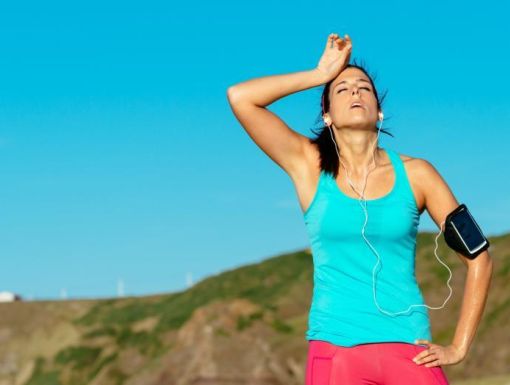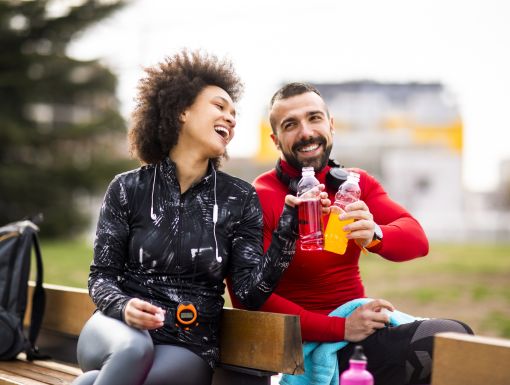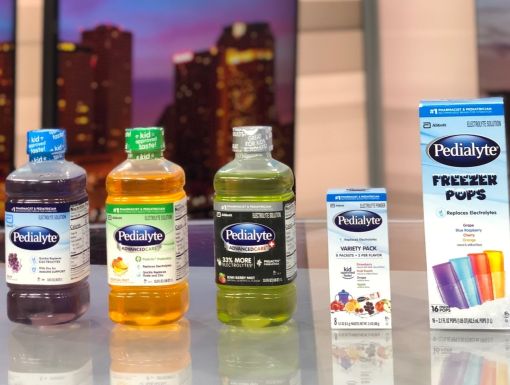
What Are the Top Symptoms of Dehydration in 2025?
In the summer, heat-related illness is a concern for those who are active outdoors. Here are some tips on staying hydrated throughout the season, avoiding dehydration and recognizing the symptoms of dehydration.
How do you avoid dehydration?
If the heat index is below 90 and you're outside for less than an hour, drinking a cup or a half a cup of water every 15 minutes should keep you hydrated. Choose your days wisely. Avoid going outside during the hottest parts of the day. If you choose to exercise outdoors, try to do your workout early in the morning before noon or in the early evening when the temperature drops before sunset.
What's the best way to stay hydrated?
If you’re outside for longer than an hour and the heat index is high, think about supplementing a little bit more with electrolytes, which are essential minerals including sodium, calcium and potassium. Electrolytes are found in many popular sports drinks but be cautious when drinking sports beverages. Sports drinks are usually loaded with a lot of sugar and can inhibit your ability to exercise. You must find that happy medium of electrolyte supplementation along with a lower sugar intake. Low sugar or zero sugar energy drinks can be an option. Make sure the drink doesn’t include caffeine. For athletes, it is recommended to take in about 2 to 1 ratio of water with a sports drink or supplement.
Can alcohol cause dehydration?
Even if you’re not exercising outside, it is still important to be mindful of dehydration. If you’re spending more than an hour outside tailgating, fishing, on the beach or some other activity, you should still drink plenty of water. Be aware that drinking alcohol in the extreme heat of summer can lead to dehydration and can place you at risk of heat exhaustion or heat stroke. Alcohol makes your body remove fluids from your blood through your kidneys at a faster rate than other liquids. Be sure to also eat foods high in proteins and vitamins while partaking in your beverage of choice. Eating helps keep your blood sugar in a healthy range and can help prevent hangover headaches.
What are the symptoms of dehydration?
Moderate to severe dehydration symptoms include:
- A dry or sticky mouth, fatigue, mild dizziness
- Less urine than normal, or no urine for eight hours. Urine that is darker than usual may indicate dehydration; diet, medications, caffeine, alcohol and vitamin supplements can also affect urine color
- Few or no tears, poor muscular coordination
- Fast heart rate
- Lethargy, irritability or fatigue
- Listlessness
- Change in mental status
If you experience these symptoms, you may need to be treated in the emergency room.
How do you recover from dehydration?
If you’ve experienced dehydration, start supplementing with water and electrolytes immediately until symptoms improve. Drink at least 12 8-ounce glasses of fluid every day to overcome and prevent dehydration. Fluid may include water; electrolyte replacement and sports drinks; and teas and coffee without caffeine. Be sure to follow up with your doctor if you don't get better within 24 hours.
Seek medical attention if you experience the following: very dark urine, little urine output and/or dizziness, weakness, confusion, lethargy and fainting.
Learn more about Dr. Steven Arnold and Ochsner Sports Medicine.



